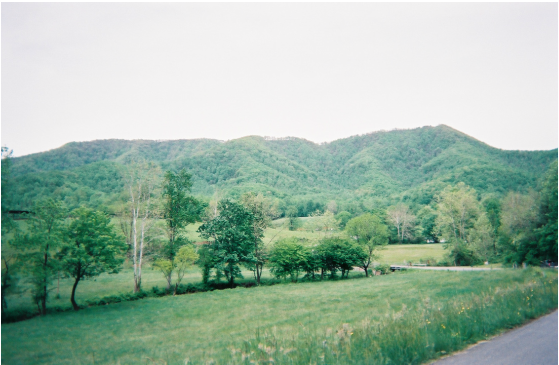|
Do you own rural land? Are you concerned about what will happen to it in the future?
Is a conservation easement right for your land? Many people in southwest Virginia own large tracts of rural land that are used for farming, forestry, hunting or just their own enjoyment. In some cases, their land has been passed down in their family for generations, and it has personal meaning beyond just being an asset or a place to live.
Sometimes people worry about what will become of their land when they’re gone. Hundreds of families in southwest Virginia have chosen to make sure their land stays in its rural or natural state forever through conservation easements: voluntary, permanent agreements between landowners and land trusts like the Blue Ridge Land Conservancy that describe how the land can be used in the future. |
What Are My Landowner Rights?
- Every landowner has private property rights.
- When they sign a conservation easement, they voluntarily give up some of those rights (for example: the right to build more than a certain number of homes on the land, or the right to subdivide it more than a certain number of times, in exchange for federal tax deductions and state tax credits.)
- The landowner still owns the land and can still use it in any way that’s not prohibited by the conservation easement.
- They don’t have to give the public access to the land.
- They can sell the land, leave it to their children, and in most cases do pretty much the same things on the land that they could before the easement.
- They’ve given up the right to intensively develop the land, but that’s something the landowner didn’t want to see happen anyway.
To learn more about conservation easements contact the Blue Ridge Land Conservancy at (540) 985-0000 or e-mail dperry@blueridgelandconservancy.org.




